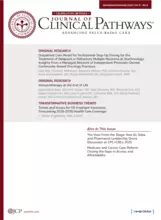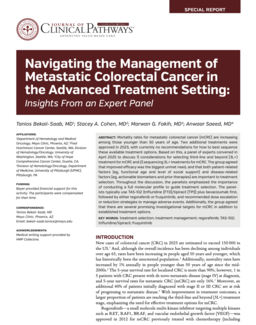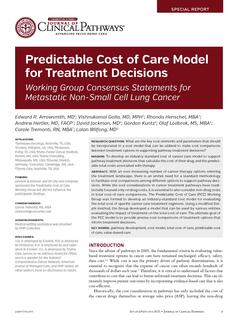Oncology Biosimilars Drive Medicare Savings, But Untapped Potential Remains
Biosimilars are proving to be key in reducing Medicare spending on high-cost biologic drugs, according to a new study presented at ASCO 2025 analyzing trends in oncology drug use between 2015 and 2022. Using Medicare Part B drug spending data, researchers evaluated the adoption and cost impact of biosimilars for 5 major biologics: bevacizumab, trastuzumab, rituximab, peg-filgrastim, and filgrastim.
Adoption of biosimilars has climbed steadily, from 0% in 2015 to 56.4% by 2022. This increased uptake has already translated into meaningful financial relief: in 2022 alone, biosimilar use slashed Medicare expenditures on these drugs by 23%. However, modeling suggests an additional 14% in savings could have been achieved had the lowest-cost option—reference drug or biosimilar—been consistently selected for each indication.
Pricing dynamics varied across the drug classes. While most biosimilars were priced below their reference biologics, peg-filgrastim was an outlier. Its reference drug’s price dipped below that of the biosimilars, complicating assumptions about cost-effectiveness. Bevacizumab’s lower biosimilar uptake may reflect its lack of approval for ophthalmic use, limiting substitution opportunities in that domain.
The findings highlight not only the economic promise of biosimilars but also the need for nuanced policy responses. The study authors call for further analysis into the impact of biosimilar pricing, reimbursement models, and payer mandates. They also point to forthcoming provisions in the Inflation Reduction Act as a potential catalyst for accelerating biosimilar adoption.
As the US health care system continues to grapple with rising oncology costs, optimizing the use of biosimilars could be a critical step toward sustainable cancer care.
Reference
Gilmore J, Indurlal P, Rainey AM, Sabo-Wagner S, Rahman A, Swart S. Cost-effective cancer care: The role of oncology biosimilars in generating cost savings. Presented at the 2025 American Society of Clinical Oncology Annual Meeting; May 30-June 3, 2025. Chicago, Illinois.













